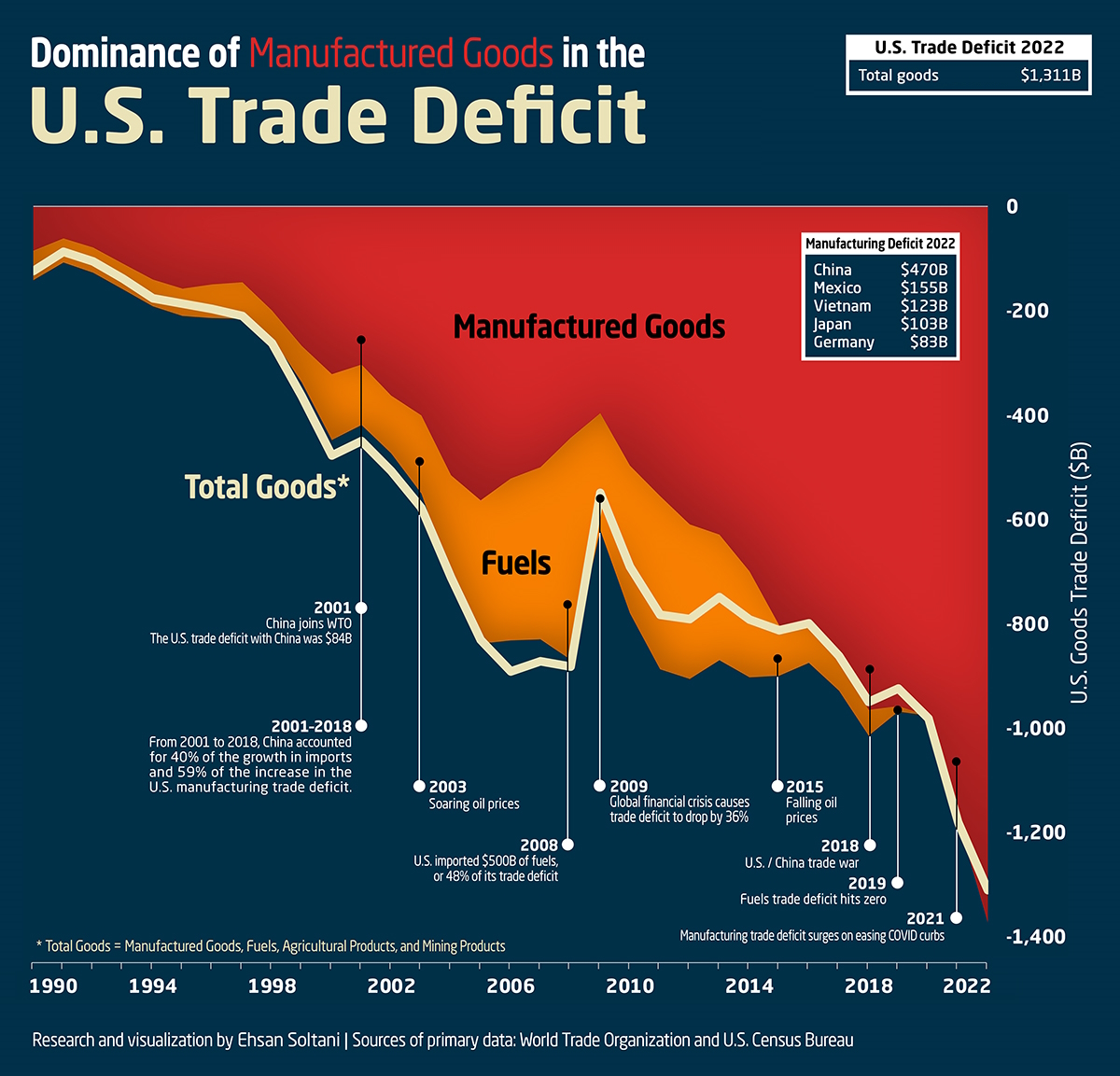You get it.DiabloWags said:bear2034 said:
Biden's Chair of Council of Economic Advisors as no background in economics.
You'd be wrong (again) about that.
Jared Bernstein was the deputy chief economist at the U.S. Department of Labor.
He has very little to do with the economy.
Same goes for the President.
It's in the hands of the most powerful person in the country.
The Fed Chairman Jerome Powell.
Originally appointed by Trump.
Anyone with half a brain would know this.
But most MAGATS think that POTUS is in charge of gas prices and mortgage rates.
lol
It is odd to me that people who don't even really understand the basics of monetary policies feel the need to comment about the president doing so and so about the economy. Tells me how little an MBA is worth (assuming it wasn't some online program) or the real value of a UC Berkeley degree.
The Fed Chair is the most powerful person for our economy.
The Fed Board of Governors are the most powerful group for our economy.
The seven independent members of the Board, after being appointed and confirmed, serve 14 year terms.
And while the executive branch prints money, they cannot print more money than is authorized by the independent Fed.
In other words, the Fed controls the money supply. The Treasury cannot just print money at the order of the president. And they cannot just print money to fund Social Security or discharge debt.
If the treasury needs money because the tax revenues they collect is insufficient to discharge federal spending, they issue treasury bonds. The Fed increases the money supply by buying those bonds from the individuals or foreign governments who lent money to our government by buying the bonds. When the Fed buys these bonds and increasing their investment in the treasury securities, they increase the money supply, which authorizes the Treasury to print money as demanded by the banks to reflect their accounts. If the Fed wants to decrease the money supply, they stop buying bonds and not roll over government securities or corporate bonds that they previously purchased, but instead get payment on the principal and reduce the total money supply.
And since the Fed (which is independent of the every branch of the government) is charged with economic stability, including price stability, they will not just print money to satisfy the deficit of the government. And the government can only sell the bonds as demand exists and must either borrow more money (if demand exists) or use tax funds to pay interest on those bonds.

